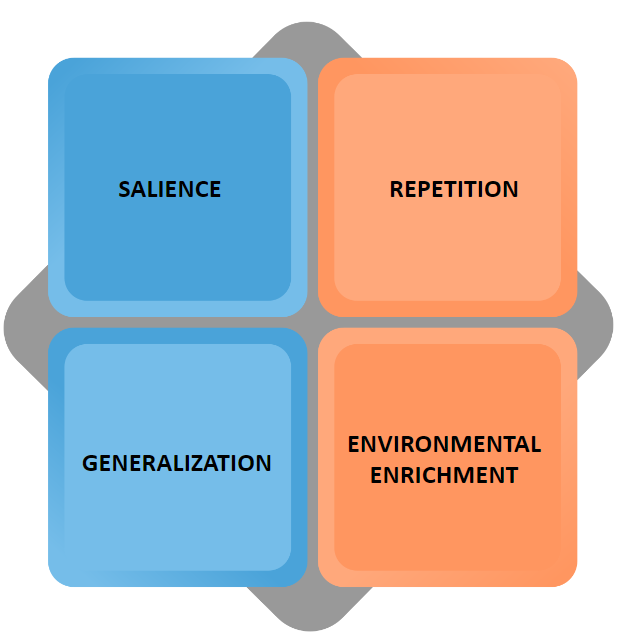Early Intervention is Critical: Addressing the effects of ACEs as early as possible can leverage the brain’s natural plasticity, making it easier to build resilience and foster healthy development.
Consistency and Stability: Providing consistent, predictable support and stable environments helps rebuild trust and security, which are often compromised in children with ACEs.
Relationship-Focused Support: Strong, positive relationships with caregivers, teachers, and peers are crucial for helping children with ACEs develop emotional regulation, social skills, and a sense of belonging.
Targeted and Individualized Interventions: Tailoring support to the specific needs and experiences of each child ensures that interventions are effective and relevant, addressing the unique challenges posed by their ACEs.
Reinforcement of Positive Behaviors: Repeated positive experiences and encouragement can reshape neural pathways, promoting healthier behavior patterns and coping mechanisms in children who have experienced adversity.
Principles of Neuroplasticity

